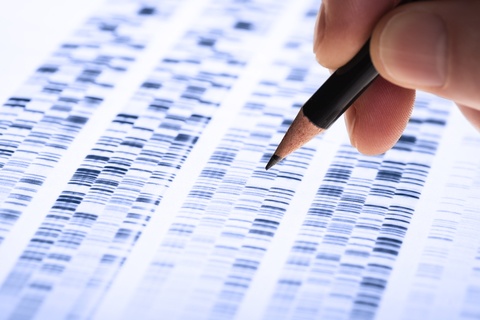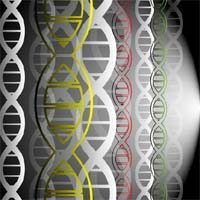Understanding Malignant Pleural Mesothelioma: A Closer Look at Genomic Patterns
Scientists studied how asbestos exposure alters the genes of malignant pleural mesothelioma. They published their findings in the Journal of Environmental Pathology, Toxicology, and Oncology. This effort showed how the genes of three tumors form. Overall, the study deepened our knowledge of mesothelioma’s genetic changes and their connection to asbestos. The Genetic Secrets of Mesothelioma Cancer is a disease that can affect different parts of our bodies. One type of cancer that can develop in the lungs is called malignant pleural mesothelioma. This type of cancer is rare and can be caused by being around a material called asbestos. Asbestos is a material that was used in buildings and factories in the past. When asbestos fibers are breathed in, they…







